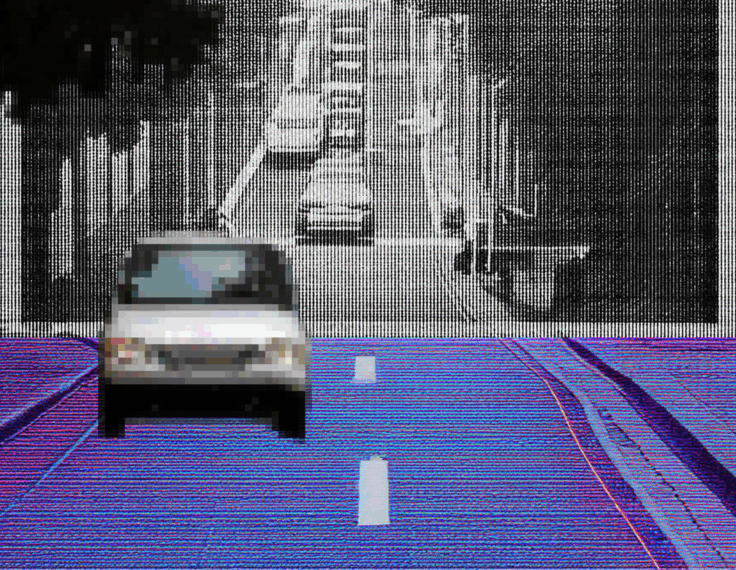Recent Articles

Information control on YouTube during Russia’s invasion of Ukraine
Yevgeniy Golovchenko, Kristina Aleksandrovna Pedersen, Jonas Skjold Raaschou-Pedersen and Anna Rogers
This research note investigates the aftermath of YouTube’s global ban on Russian state-affiliated media channels in the wake of Russia’s full-scale invasion of Ukraine in 2022. Using over 12 million YouTube comments across 40 Russian-language channels, we analyzed the effectiveness of the ban and the shifts in user activity before and after the platform’s intervention.

People are more susceptible to misinformation with realistic AI-synthesized images that provide strong evidence to headlines
Sean Guo, Yiwen Zhong and Xiaoqing Hu
The development of artificial intelligence (AI) allows rapid creation of AI-synthesized images. In a pre-registered experiment, we examine how properties of AI-synthesized images influence belief in misinformation and memory for corrections. Realistic and probative (i.e., providing strong evidence) images predicted greater belief in false headlines.

Not so different after all? Antecedents of believing in misinformation and conspiracy theories on COVID-19
Florian Wintterlin
Misinformation and conspiracy theories are often grouped together, but do people believe in them for the same reasons? This study examines how these conceptually distinct forms of deceptive content are processed and believed using the COVID-19 pandemic as context. Surprisingly, despite their theoretical differences, belief in both is predicted by similar psychological factors—particularly conspiracy mentality and the perception that truth is politically constructed—suggesting that underlying distrust in institutions may outweigh differences in types of deceptive content in shaping susceptibility.

LLMs grooming or data voids? LLM-powered chatbot references to Kremlin disinformation reflect information gaps, not manipulation
Maxim Alyukov, Mykola Makhortykh, Alexandr Voronovici and Maryna Sydorova
Some of today’s most popular large language model (LLM)-powered chatbots occasionally reference Kremlin-linked disinformation websites, but it might not be for the reasons many fear. While some recent studies have claimed that Russian actors are “grooming” LLMs by flooding the web with disinformation, our small-scale analysis finds little evidence for this.

When knowing more means doing less: Algorithmic knowledge and digital (dis)engagement among young adults
Myojung Chung
What if knowing how social media algorithms work doesn’t make you a more responsible digital citizen, but a more cynical one? A new survey of U.S. young adults finds that while higher algorithmic awareness and knowledge are linked to greater concerns about misinformation and filter bubbles, individuals with greater algorithmic awareness and knowledge are less likely to correct misinformation or engage with opposing viewpoints on social media—possibly reflecting limited algorithmic agency.

A dual typology of social media interventions and deterrence mechanisms against misinformation
Amir Karami
In response to the escalating threat of misinformation, social media platforms have introduced a wide range of interventions aimed at reducing the spread and influence of false information. However, there is a lack of a coherent macro-level perspective that explains how these interventions operate independently and collectively.
Explore by Topic
- Artificial Intelligence
- Asia
- Big Data
- China
- Conspiracy Theories
- Content Moderation
- COVID-19
- Debunking
- Disinformation
- Editorial
- Education
- Elections
- Emotion
- Europe
- Fact-checking
- Fake News
- Gaming
- Healthcare
- Impact
- Information Bias
- Law & Government
- Mainstream Media
- Media Literacy
- Partisan Issues
- Philosophy
- Platform Regulation
- Platforms
- Politics
- Propaganda
- Psychology
- Public Health
- Public Opinion
- Research
- Russia
- Search engines
- Social Media
- Sources
- Technology
- Twitter/X
- Vaccines
- Youth
- Youtube
